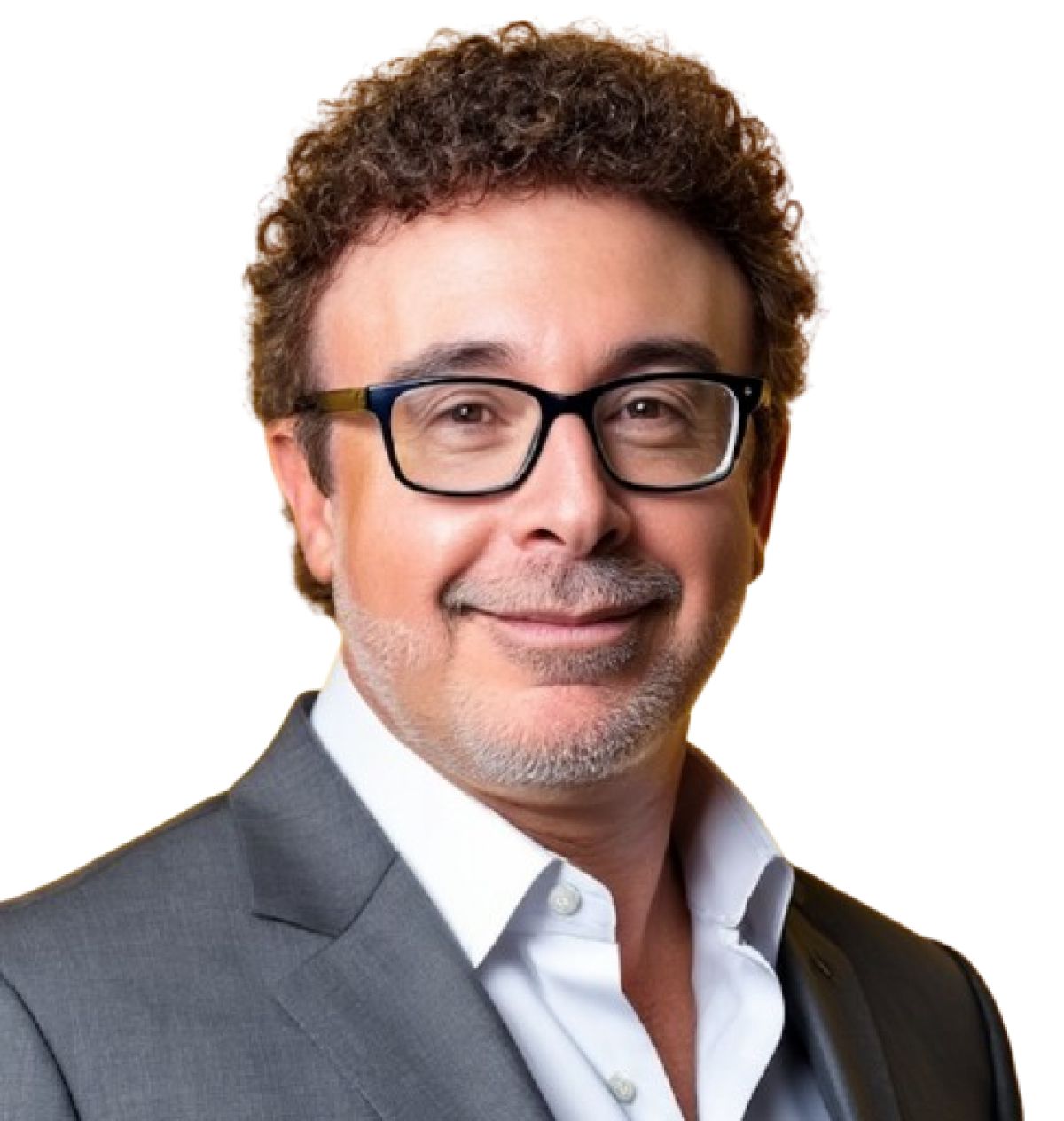
"Many kids are exhausted. They're not just a little cranky after school or just slow-moving because they stayed up late watching YouTube. This is deeper and, somehow, we've made peace with it. We blame school stress, sports schedules, phones, and hormones. But under all that noise is a quieter truth. Kids aren't getting the sleep they need, and we're barely trying to fix it."
"We love to talk about discipline when it comes to teens and sleep. "They need better habits," or "Less phone time," we say. But the thing is, they're not staying up late just because they want to. Puberty shifts their internal clocks. Their bodies release melatonin later in the evening, meaning they can't fall asleep early even if they try (Tarokh and colleagues, 2016). Then we wake them up at 6:30 a.m. and expect full performance."
Many children regularly miss recommended sleep hours, with more than a third of American kids falling short and rates higher among teens. Sleep functions as a biological necessity comparable to food and oxygen; inadequate sleep results in physical wear, cognitive impairment, and emotional instability. Puberty shifts adolescent circadian rhythms by delaying melatonin release, making early bedtimes physiologically difficult. Early school start times, heavy homework, late-ending extracurriculars, persistent phone access, and blue-light exposure further reduce sleep. The combination of physiological change and social demands creates pervasive sleep deprivation that undermines academic performance, behavior, and mental health.
Read at Psychology Today
Unable to calculate read time
Collection
[
|
...
]